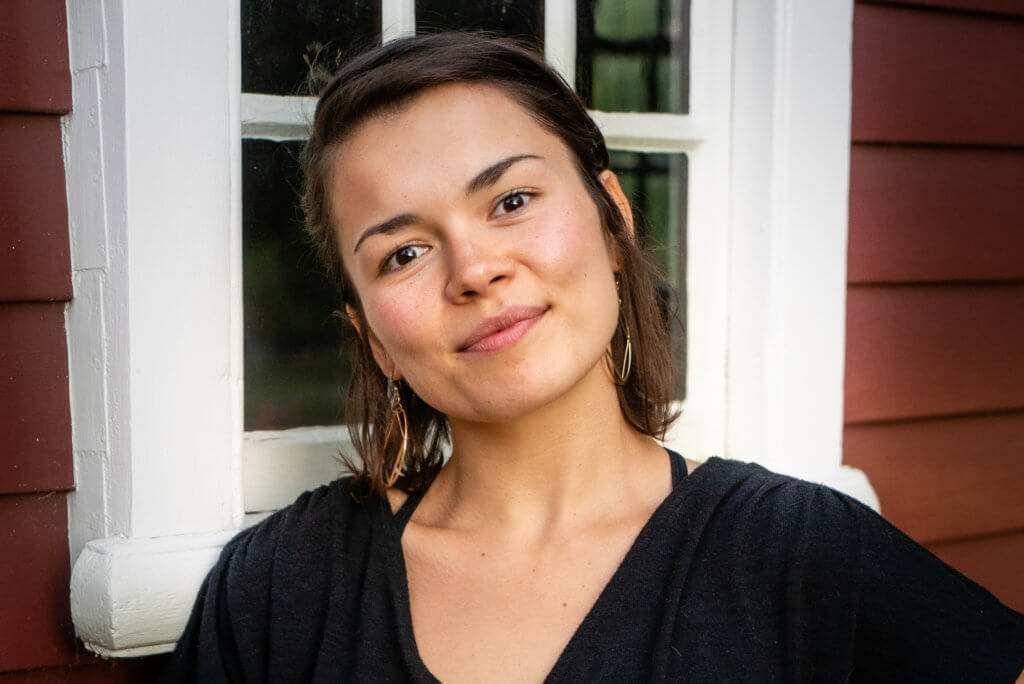Episode
Highlights

Sher today via Zoom from his Virginia home
SHER SINGH
“Sometimes you accept that as an immigrant or as a person of color, or a different descent, that when things are not certain people are always going to look outward, okay? ‘Somebody from my home didn’t do this. Somebody from outside did this ,and you look like an outsider.'”
—SHER SINGH
“We strongly believe in our identity and the principles and we strongly believe in community and being a part of the fabric of the community.”
—SHER SINGH
“And I picked up my bag or whatever I had and walked out walked in front of them sign on the platform, my heart pounding a lot, but I said ‘Okay, well, I don’t think he’s gonna shoot me so I’m gonna go.'”
—SHER SINGH
“I felt I was very strong at working with children from the Sikh community, from the Indian American community to interact and integrate and be involved in interfaith activities and be involved in community services so that we can, as a nation become stronger as a nation heal, and not let this happen to anyone.”
—SHER SINGH
“We need to help people around us, people around us will see who we are. People around us need help.”
—SHER SINGH
andrea mazzarino
“What matters less than what your role is that you are paying attention to the broader impacts of armed conflict.”
—ANDREA MAZZARINO
MEG O'NEILL
“Of course, none of us was really ‘ok,’ but in the moment, it was enough.”
—MEG O’NEILL
“Twenty years later, I still observe Sept 11 as a very solemn day, and often find myself surprised when people carry on with life as usual on its anniversary.”
—MEG O’NEILL
PADMA VENKATRAMAN
“Post 9/11, I was subjected to so-called ‘random’ security screenings – on every one of eleven flights I took within the country.”
—PADMA VENKATRAMAN
“For me, it’s love of a concept of the United States that includes a commitment to freedom and justice for all; along with an acceptance that we fall short, sometimes severely.”
—PADMA VENKATRAMAN

